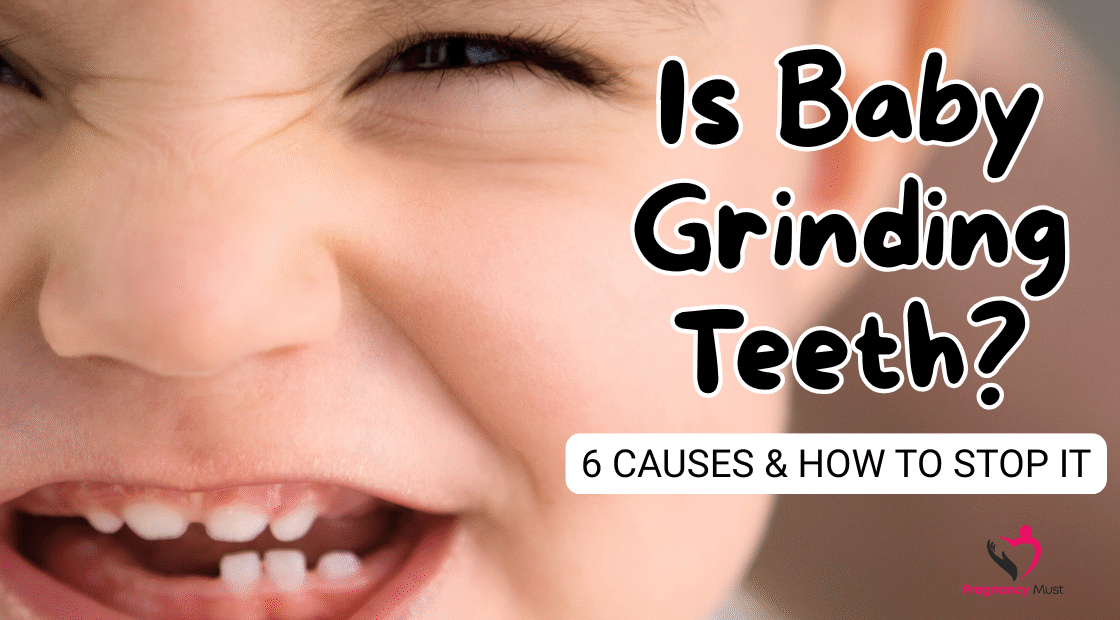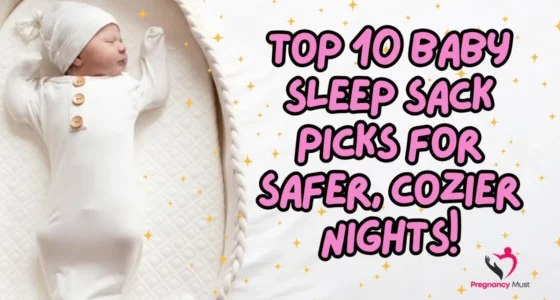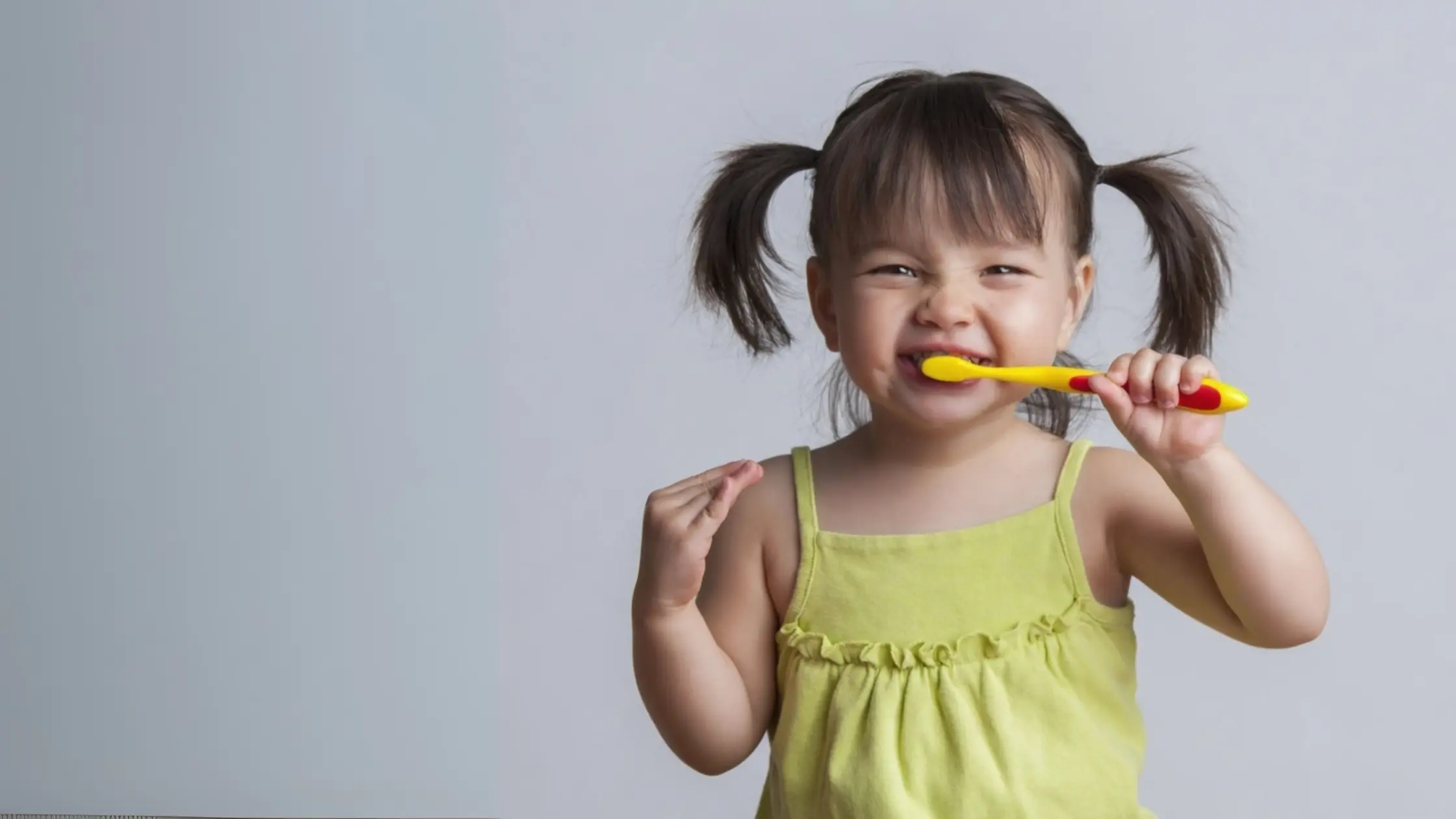Baby grinding teeth is a common concern for parents, but it often raises many questions about why it happens and what can be done to stop it. If you’ve noticed your little one grinding their teeth, you’re not alone. Many babies, especially in their early years, will grind their teeth at some point, and while it might be alarming, most of the time it’s a natural phase of growth. Let’s explore the reasons behind baby grinding new teeth, what to do about baby teeth grinding, and how to stop baby from grinding teeth.
Table of Contents
Why Do Babies Grind Their Teeth?
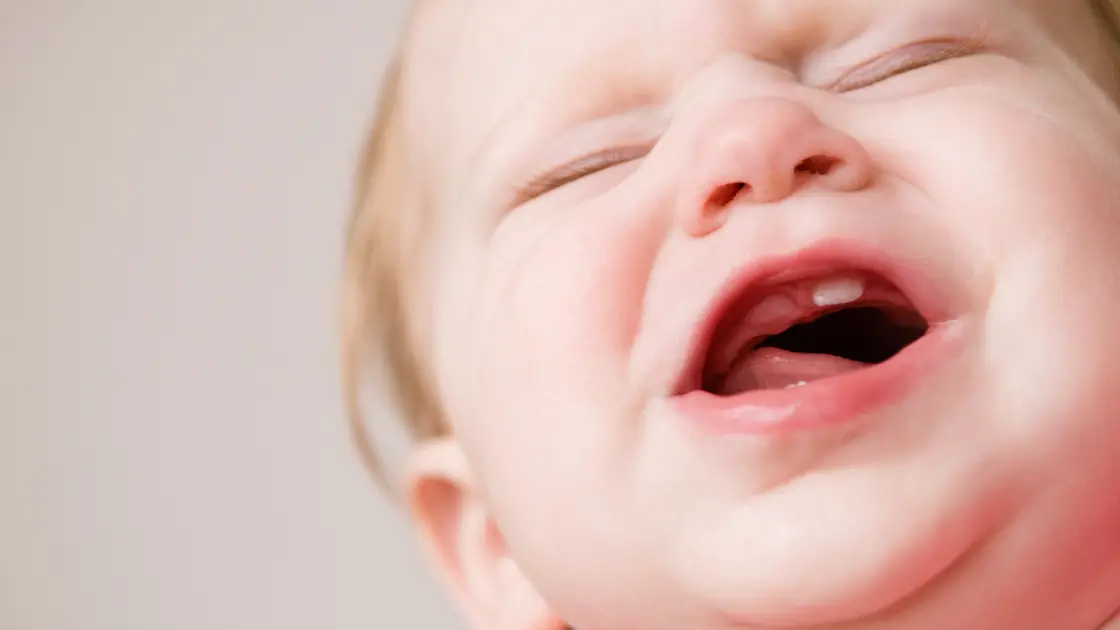
Why do babies grind their teeth? This is a question that many new parents ask when they first hear the uncomfortable noise. There are several reasons behind this behavior, most of which are temporary.
- Teething Discomfort
One of the most common reasons why babies grind their teeth is due to the discomfort associated with baby grinding new teeth. As babies grow their first set of teeth, they often experience pain or irritation in their gums. Grinding their teeth can provide some relief by helping to relieve the pressure in their mouths. The grinding may also be a subconscious response to the pain, an instinctive way to pass the time until gut-wrenching pain eases up, giving babies a way to soothe their sore gums. There are times that this is simply a phase that will subside once teething has run its course.
- Exploration of New Sensations
As much as babies are natural explorers, grinding their teeth could be their way of trying new sensations on for size in their mouths. Babies are curious little creatures, and as part of their journey, they are learning about their bodies and the way they work with the world. Babies grind to explore how their teeth feel and how they feel moving against one another. This is typically temporary and eases as they become used to their incoming teeth.
- Stress or Anxiety
While stress or anxiety might be the first things that come to mind when older kids are involved, even babies can feel upset. Environmental changes such as changing house, starting a day care or disrupting their routine may cause stress. Babies may also not be able to express their feelings in words yet, challenging them to rely on physical actions as a way to cope with stress such as grinding their teeth. This is sometimes most apparent when they are attempting to fall asleep, or are in a new place.
- Physical Discomfort or Illness
Beyond teething, other physical discomforts can trigger teeth grinding. Ear infections or even stomach discomfort can cause pain that leads babies to grind their teeth. The jaw and ear areas are connected, so any pressure or discomfort in the ears can result in grinding as a response to that discomfort. If grinding is accompanied by other signs of illness, such as a fever or fussiness, it may be linked to a physical condition that requires attention.
- Misaligned Teeth or Jaw Issues
In other cases, having crooked teeth or problems with how the teeth and jaws fit together can cause grinding. With a baby, teeth that are coming in unevenly or pressure on the jaw may cause teeth-grinding, as the toddler grinds the teeth to relieve pain. This might be an indication that their teeth or jaw is growing incorrectly. If grinding continues or worsens, it’s worth making an appointment with a pediatric dentist to rule out dental or orthodontic problems.
- Lack of Sleep or Fatigue
When babies are overtired or aren’t getting enough rest, they can become more prone to grinding their teeth. Fatigue and exhaustion can cause babies to grind their teeth as a way of coping with the buildup of tension in their bodies. A consistent sleep schedule for you and sufficient sleep for your baby should keep this behavior in check. A baby who is overly tired tends more to grind their teeth, like during naps or while transitioning from one stage of sleep to another.
How to Stop Baby Grinding Teeth
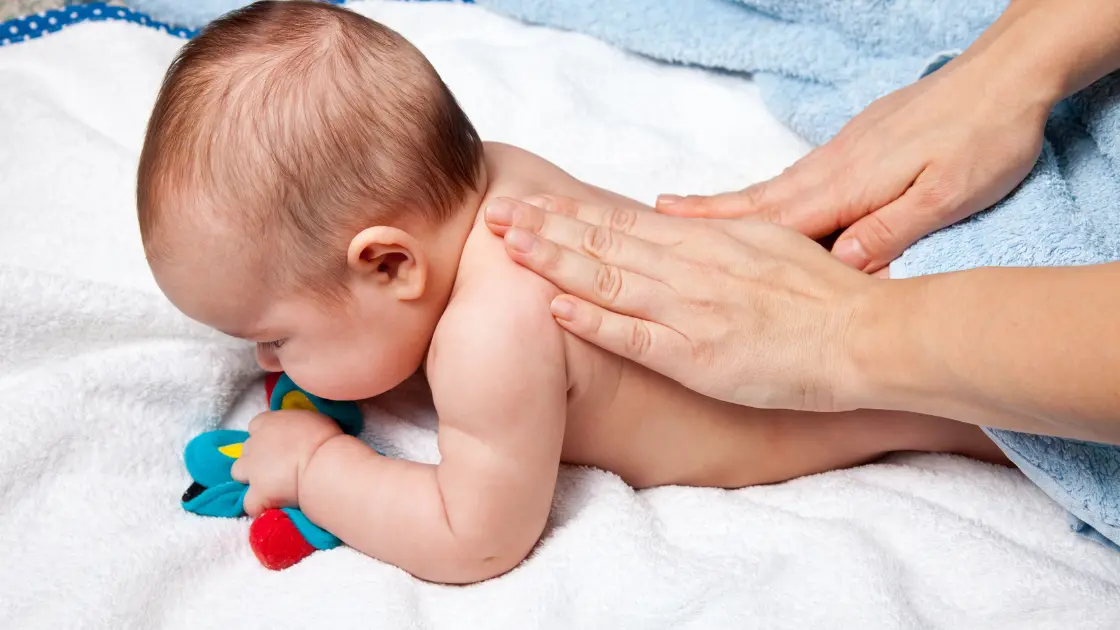
If you’re concerned your baby is grinding their teeth, there are a couple of things you can do to try to discourage the behavior. Though baby grinding teeth is generally temporary and normal when babies are teething, the earlier you can get ahead of it, the less likely it is to occur and the better your little one will feel. Here are some effective approaches:
- Use a Cold Teething Ring
One of the best methods to stop baby grinding teeth is by giving them a cold teething ring, and some of the top-quality rings can be found on Amazon. Their gums may be sore while they teethe, and grinding their teeth could be a way to relieve that pain. Provide a chilled teething ring to help ease your pet’s gums and decrease the desire to grind. Cold therapy helps by numbing the area and decreasing swelling, and quick help is here. And the feel of the teething ring itself is a wonderful sensory distraction from the grinding. Ensure the teething ring is BPA-free and designed for their age.
- Offer Soft Foods
Having your little one in the teething phase calls for foods that are soft on their sore gums. Eating hard or chewy foods or gum can make grinding worse and increase pain or tension. Instead, consider softer foods that are easier to chew. Pureed, mashed fruits and soft-cooked vegetables are a good option. These foods allow relief from pain and make eating or drinking less uncomfortable. By minimizing the need for forceful chewing, you help reduce the potential for baby teeth grinding while also providing relief to their irritated gums.
- Comfort and Reassure Your Baby
Your baby may also grind their teeth due to stress or discomfort, and they might even do it throughout the day. It could be due to anything from a change in routine, overloading, or not being in his usual stomping grounds. Sometimes it’s going to be really effective in terms of comforting and reassuring to get it to stop baby grinding teeth in the daytime. This strategy helps comfort and soothe the child and makes them feel less anxious. However, they can occasionally calm themselves with the sound of a favorite lullaby or even a gentle voice. When they know how to self-comfort, Bruxism is not one of the ways they will do so.
- Consult a Pediatric Dentist
If baby grinding teeth continues, even after your attempts to stop it, it may be worth consulting a dentist. If you grind your teeth while you sleep, it can be a symptom of a dental problem, such as improper teeth alignment or jaw issues that only a dentist can identify. A professional can also advise you on how to handle the behavior in an efficient manner. In a few cases, the grinding could be linked with other medical conditions, such as infections in the ear or other aches and pains, so it’s wise to rule out these possibilities. Your pediatric dentist might even provide a custom-fit mouthguard, such as a GumDrop, for infants if grinding is severe.
- Maintain a Consistent Sleep Schedule
Babies who are overtired or have irregular sleep patterns are more likely to grind their teeth, particularly during naps or nighttime sleep. Maintain a sleep schedule, and you will greatly decrease baby grinding teeth. An established bedtime routine helps a baby know it’s time to sleep, promoting security and stability. But changing the energy in the room by a warm bath, reading a story, or dimming the lights can signal that it’s time to rest. A comfortable baby is not as likely to experience the stress that can result in teeth grinding. Also, getting enough sleep promotes healthy development that might minimize stress-related grinding.
- Create a Relaxing Environment
If a baby grinding teeth appears to be associated with stress or anxiety, developing a calm, comforting environment may also help. Ensure your baby’s environment is peaceful and doesn’t have loud noises or distractions, as they might lead to irritation. (Moderate music, white noise machines, or mellow lullabies are a soothing transition to aid in preventing grinding.) A hot water bath at bedtime also serves to relax the muscles and calm the mind down, and it reduces the chances of the baby grinding teeth in their sleep. Maintaining a calm, predictable environment can make your baby feel more secure and help to minimize potential stress that could be related to this behavior.
- Provide Distractions During the Day
Sometimes, baby grinding teeth is simply a way for babies to cope with the sensation of teething or the urge to chew on something. Providing distractions during the day can help reduce this behavior. Offer your baby comforting toys that are designed for teething, or engage them in activities that involve their mouth, like blowing bubbles or playing with soft teethers. These activities are great for babies, as they’re both fun and functional. When babies are distracted with fun, engaging tasks, they are less likely to resort to grinding their teeth for comfort. You can also encourage your baby to play with non-food items like teething rings or soft fabric toys to keep them from focusing on their teeth.
By following this advice, you can do your part to keep baby grinding teeth to a minimum and have your baby feel comfortable and in good spirits as they go through the teething stage. They will probably grow out of the habit with the right strategies. As with any concerns regarding oral health, keep in mind that it is always best to touch base with a pediatric dentist or your baby’s health care provider if you’re concerned or if the grinding continues beyond teething.
How to Prevent Baby Teeth Grinding at Night
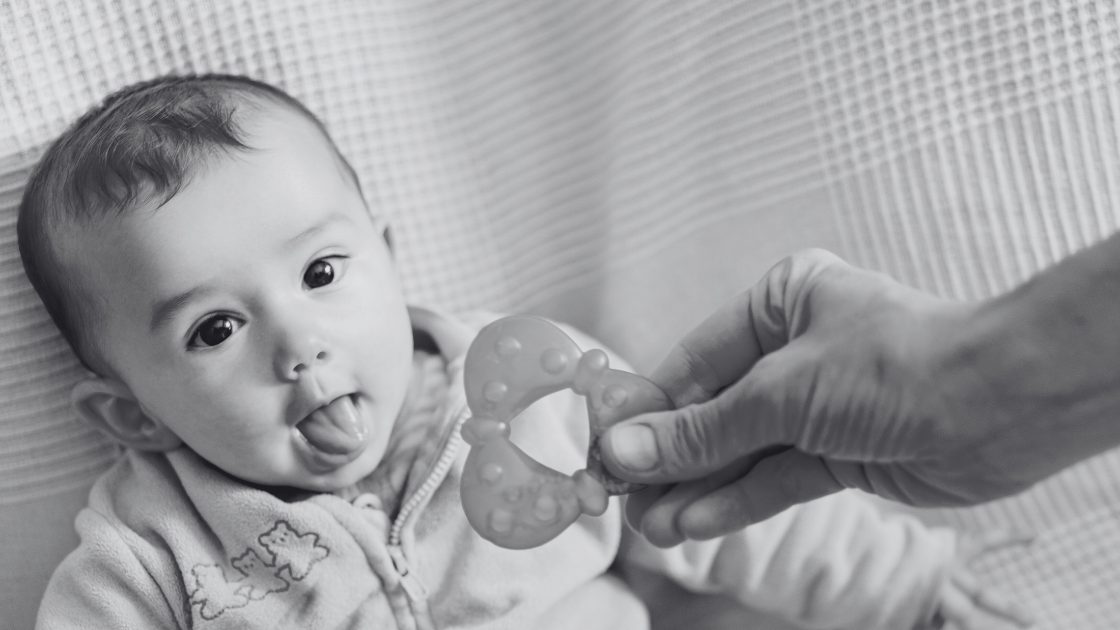
Nighttime grinding, on the other hand, is often linked to deeper sleep stages and the baby’s body trying to release built-up tension. Teething pain, as well as their sleep environment, could be why babies grind their teeth more at night than during the day. Here’s what you can do about it-
- Check for Signs of Discomfort: If the grinding happens at night, it’s essential to look for signs of discomfort, such as drooling or restless movements. A warm bath before bed can help soothe sore gums, making it easier to sleep without grinding.
- Use a Humidifier: Dry air can aggravate gum irritation, making nighttime grinding worse. Using a humidifier in the room adds moisture to the air, which can help soothe your baby’s gums and reduce the discomfort that leads to grinding during sleep.
- Consult a Pediatric Dentist: If nighttime grinding continues, a pediatric dentist may recommend a custom-made night guard for babies. This can help protect your baby’s teeth while they sleep and prevent long-term damage.
Key Differences: Day vs. Night – Baby Grinding Teeth
Factor | Daytime Grinding | Nighttime Grinding |
Primary Cause | Discomfort, boredom, overstimulation | Teething discomfort, deep sleep, tension release |
Solutions | Distraction activities, consistent sleep schedule | Soothing bath, humidifier, professional consultation |
Common Signs | Restlessness, irritability, seeking oral stimulation | Drooling, restless sleep, facial muscle tension |
Focus | Engaging your baby during the day, providing comfort | Ensuring a peaceful sleep environment and comfort |
Knowing the difference between teeth grinding baby in the day and night, you can take focused approach to the grinding behavior. No matter whether you’re looking at prevention through distraction or manipulation of surroundings, day and night grinding can be related to discomfort for your baby and their oral health.
FAQ Section
- Is it normal for babies to grind their teeth?
Yes, baby grinding teeth is quite normal, especially during teething. Most babies outgrow the habit once their teeth have fully come in.
- How can I tell if my baby is grinding their teeth?
You may hear the grinding sound when your baby is awake or asleep. Look for signs like a sore jaw or swollen gums.
- Can teeth grinding cause permanent damage to baby teeth?
As a general rule of thumb, baby grinding teeth doesn’t cause lasting damage. But if grinding becomes prolonged, it’s important to consult a dentist.
- When should I seek help for my baby grinding teeth?
If the grinding continues beyond the teething years and it takes an obvious toll, then professional intervention may be in order.
Conclusion: Baby Grinding Teeth
In summary, baby grinding teeth is a widespread phenomenon due to teething. Though it can be jarring, the bad mood is likely just a phase. Once you know why your baby is grinding their teeth, you’ll have more peace of mind and can take steps to prevent it. You can do this by comforting them, making sure they are sleeping adequately, and tracking their teething, to help reduce the pain and thus the grinding they are experiencing. And last, remember it is always best not to wait. If you’re worried, do not be afraid to see your pediatric dentist; he will guide you properly.
Explore more on Pregnancy Must –
